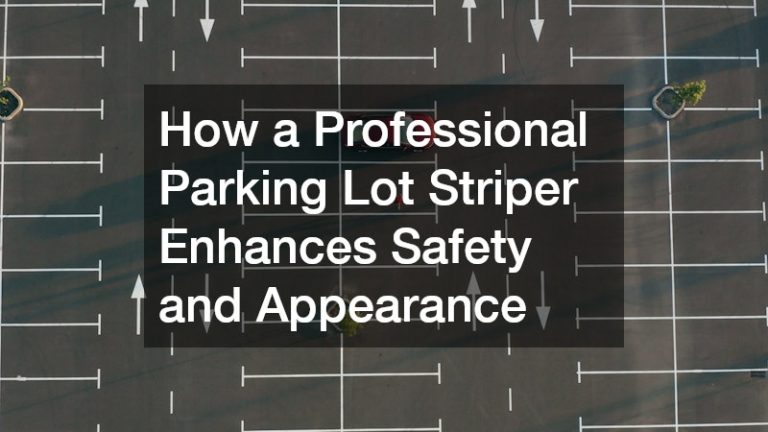

When you need your home warmed up or cooled down, you want to be sure your heating, ventilation, and air conditioning (HVAC) system is in excellent working order. In addition to having regular HVAC system inspections, it’s also a good idea to have your home’s air quality tested.
Changing Your HVAC System Filters
How often do you use your HVAC system or air conditioning (AC) unit? The frequency with which you use these systems will determine how often the filters need to be changed. EnergyStar.gov, for example, recommends that these filters should be changed once a month or once every 3 months. You may, however, need to change them more frequently during some time periods throughout the year.
When you change your filters as recommended and take other important measures, you can be assured that the air quality within your home is comfortable as well as breathable. If air filters aren’t changed often enough, they can become clogged with dust and debris. As a result, these substances can be released into your home and reduce the overall air quality.
A Few Reasons Why Your System May Not Be Functioning Properly
When you change your filters as recommended and take other important measures, you can be assured that the air quality within your home is comfortable as well as breathable. If air filters aren’t changed often enough, they can become clogged with dust and debris. As a result, these substances can be released into your home and reduce the overall air quality.
A Few Reasons Why Your System May Not Be Functioning Properly
If your systems aren’t working optimally, there may be several contributing factors. For example, if your HVAC system wasn’t properly installed, then your system’s efficiency may be reduced by up to 30%. As a result, this can increase the amount of your utility bills as well as affect the equipment’s lifespan.
When your home isn’t properly insulated, it can also prevent your HVAC system from functioning well. This can also decrease your home’s energy efficiency by up to 30%.
The Benefit of High-Efficiency Air Conditioners
Were you aware that 5% of the electricity produced in the United States is used to run air conditioners? While that may not sound like a significant amount, using even less is possible.
When you have a high-efficiency air conditioner installed in your home, it can reduce your total energy use between 20% to 50%. It’s important to note that in order to accomplish this, you also need to take other actions to maintain your home’s cool environment. This includes making sure that your doors and windows are properly seated and weatherized, that your attic or crawl space is well-insulated, and that there aren’t any other areas within your house that have gaps where air can pass through.
The Benefits of Upgrading Your Heating System
Once the weather becomes colder, you want to be sure that your heater is in good repair. If it’s over 15 years old, and the heat-exchanger or control module is broken, then it would be a good idea to replace rather than repair your furnace.
When you live in a cold climate, upgrading your furnace or boiler can increase your home’s energy efficiency from 50% to 90%. Furthermore, when you heat with your home with gas, this can reduce carbon dioxide emissions by 1.5 tons every year. If you heat your home with oil, an upgraded furnace or boiler can reduce these emissions by 2.5 tons.
Contact an HVAC Repair Service for More Information
If you haven’t had your system inspected for a while, then it would be a good idea to contact an heating and cooling repair service to take care of this. Your service contractor will be able to determine if it’s time to upgrade to a newer model as well as address other concerns that you may have about your existing system.



